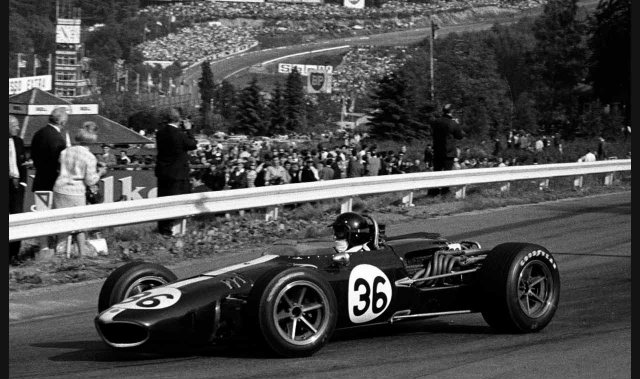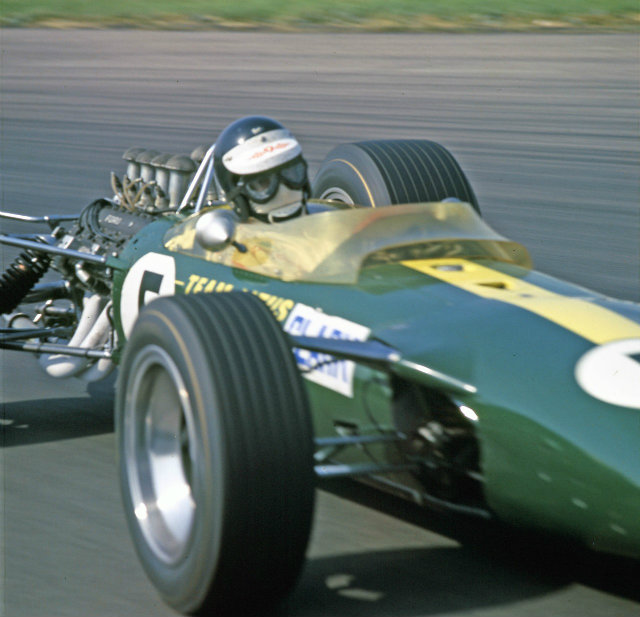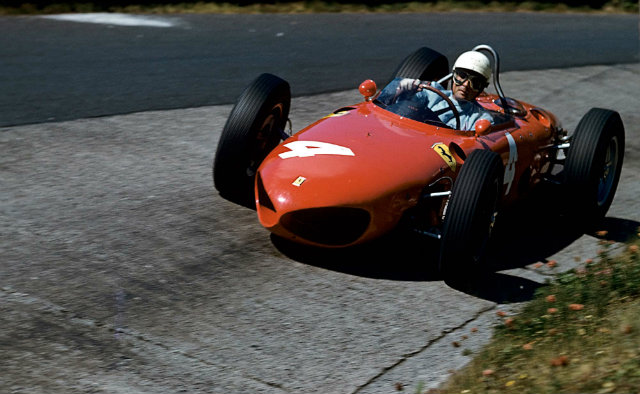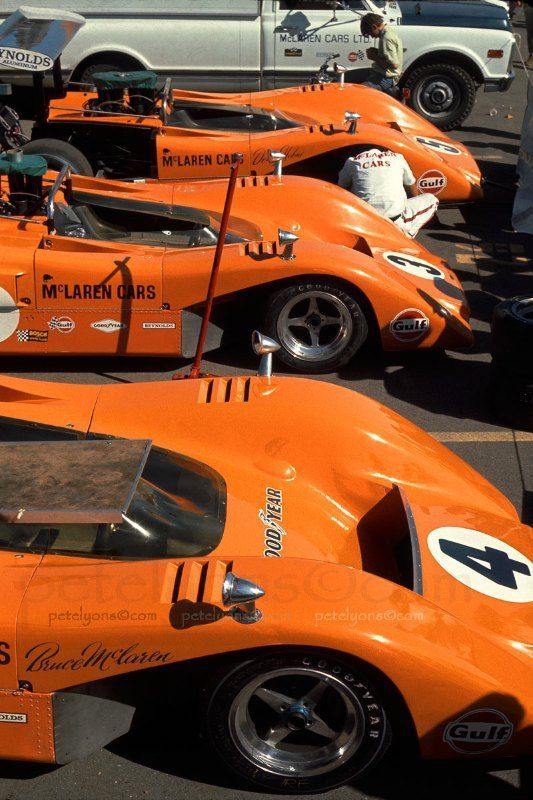TECHNICAL STERILITY: THE PLAGUE THAT HAS DESTROYED F1, PART II.
 Monday, April 16, 2018 at 08:56AM
Monday, April 16, 2018 at 08:56AM
By Peter M. DeLorenzo
Detroit. My previous column on this subject generated a lot of comments on the Internet, especially on Twitter. In fact, it was one of the most commented on "Fumes" we've had here at AE. It's clear that enthusiasts - who, by the way, make up the backbone of the sport of motor racing - are far from thrilled with what's going on in contemporary F1. My term "technical sterility" resonated far and wide in the racing world, and I understand why.
We all understand the march of technology, and we all understand how it has inexorably changed motor racing forever. But the future isn't looking bright, especially when the 2022 rules package for F1 was released and it clearly showed that hybrid systems would be part of the drivetrains. It is arguably a politically correct step forward when looked at in a certain way, but frankly, I remain unimpressed with the classic "transfer-of-technology-from-racing-cars-to-the-street" canard. It simply isn't applicable anymore, and racing enthusiasts simply don't feel compelled to go along with it.
Yes, the advancement of technology will continue, with hybrids and fully-electric vehicles dominating the street scene and the urban landscape, but that doesn't mean that motorsport - especially defined as contemporary F1 - needs to adhere to that direction. We have Formula E for that, and though on one level it is somewhat compelling, the visceral appeal of Formula E is completely nonexistent. My consistent displeasure with F1 has everything to do with the machines themselves. They're coldly uninvolving and muted, and they have zero visual appeal. On Monday morning of this week, Bobby Rahal (@BobRahal) Tweeted: "I know I should like the looks of a modern day F1 car but I’ll take a ‘67 Eagle or Lotus 49 any day!" This is something I have been saying for quite some time in this column, and it is the High-Octane Truth. One look at the racing machines (below plus one more), and you can instantly see what's missing in F1.

Dan Gurney's magnificent Spa-winning F1 Eagle T1G Weslake V12, in 1967.

Jim Clark in his Lotus 49 Ford-Cosworth DFV at the Dutch Grand Prix, 1967.

Phil Hill in the Ferrari 156 at the Nuburgring, 1962.
The reality, however, is that the powers that be in F1 really don't care what the average racing enthusiast likes, or dislikes for that matter. They operate in a hermetically-sealed parallel universe that revolves around three things: manufacturer support, the ability to generate massive amounts of revenue from TV rights, and courting and identifying countries willing to put up an absolute fortune to bring the F1 "circus" to town. The rest of "the sport" is almost inconsequential. Why else would they cling to relentlessly ugly cars buried in technology for technology's sake? Why else would they try to convince their enthusiast fan base that a politically correct technical exercise is exactly what we need, when in effect it remains the perennial Answer to the Question that Absolutely No One is Asking?
I suggested last time that I would much rather see all of the current F1 stars in F5000 machines made to contemporary safety standards - sans halo, of course - than sit through another race this season. Technical Sterility has robbed F1 of its passion, and pretty much everything else that was once worth watching too.
And that's the High-Octane Truth for this week.

Monterey, California 1969. The McLaren Cars team in the paddock for the Can-Am weekend at Laguna Seca. The No. 4 Gulf/Reynolds Aluminum M8B Chevrolet was for Bruce McLaren, the No. 5 Gulf/Reynolds Aluminum M8B Chevrolet was for Denny Hulme, and the No. 3 Gulf/Reynolds Aluminum M8B Chevrolet was for Chris Amon. McLaren and Hulme ran 1-2 in the race, Amon did not finish.




